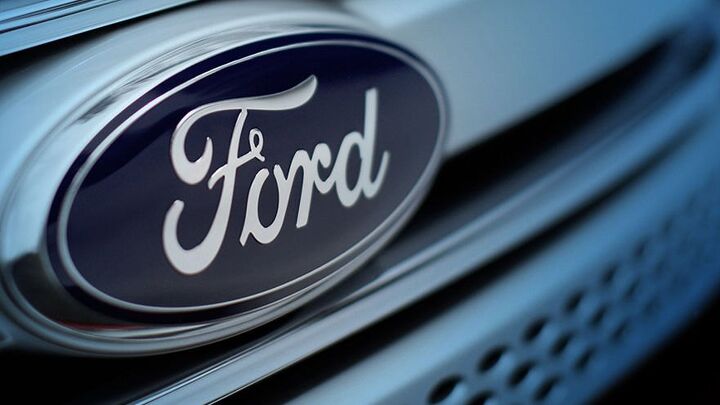
The chairs of three U.S. House of Representatives committees have demanded Ford turn over documents pertaining to its partnership with Chinese battery company Contemporary Amperex Technology Co. Limited (CATL) while threatening to call in CEO Jim Farley to testify before Congress.
This comes after Ford elected to pause work on its $3.5-billion Michigan battery plant using technology. While the official reason given was that the facility may not be able to operate competitively depending on how contract negotiations progressed with the United Auto Workers, there seems to be members of Congress fretting over the prospect of U.S. tax subsidies benefiting Chinese businesses.
Republicans Jason Smith, Cathy McMorris Rodgers and Mike Gallagher (chairing the Ways and Means, Energy and Commerce and China select committees, respectively) have reportedly been requesting detailed documents regarding Ford’s partnership with CATL for months. They’ve since issued a letter to Farley with a new deadline seeking information on the topic or they’ll have him brought in to be questioned.
Specifically, they’re asking for documents pertaining to the companies’ licensing agreements, any communications between Ford and the Biden Administration referencing said agreements or the achievable EV tax credits, and any records Ford may have regarding CATL allegedly hiding its connection to Xinjiang-based companies.
The reason Xinjiang is so important is down to sustained accusations that Beijing has leveraged forced labor in the province via internment camps populated by China’s Uyghur ethnic minority. The issue has come up before with numerous Western automakers having been accused of sourcing components stemming from what was effectively slave labor. But the issue has also roped in cell-phone providers and even the American film industry.
Numerous human rights groups have claimed the issue is effectively the state-sponsored genocide of political dissedents and the Muslim minority living inside China. However, China has denied the above allegations for years.
Republicans are concerned about the potential for human rights abuses, any prospect of Ford becoming reliant on Chinese technologies, and the possibility of China profiting off subsidies designed to benefit American labor. The revised EV tax credit scheme created by the Biden Administration (and passed by Congress in 2022) stipulates that financial incentives cannot be manufactured or assembled by any foreign entities of concern.
"Ford’s ongoing refusal to provide substantive responses ... raises serious concerns regarding its licensing agreement with CATL," the lawmakers wrote on Tuesday in a letter seen by Reuters.
A spokesperson for Blue Oval stated that the company had already answered numerous letters sent by congress and "thoroughly responded to questions and shared detailed information about Ford’s work to strengthen domestic battery manufacturing.” However, it did not state whether it would be complying with the latest requests demanding comprehensive documentation.
The company may not even know if it has skirted the new regulations, as it has been waiting for guidance on whether its new facility can even qualify for the relevant subsidies.
Despite the current offensive being led by Republicans, it seems like the matter would be a bipartisan issue. The Biden Administration has been hoping to advance all-electric vehicles since taking office and has tied revised incentives to localized battery production. This was done to appease Republicans that were worried about EVs outsourcing of labor while also playing to the Democrat’s base of unionized voters.
House members have said that Ford has until October 6th to disclose records that had been previously requested. Otherwise the letter to Ford’s CEO stipulates that they will “consider other means to obtain the documents, including compulsory process or insisting that you appear before Congress to publicly explain your failure to comply.”
Expect more of this as other automakers operating domestically team up with Chinese battery firms. Tesla is also under enhanced scrutiny for its relationship with CATL and odds are good that the same will be true for anybody else that partners up with foreign entities stemming from China.
[Image: Ford]
Become a TTAC insider. Get the latest news, features, TTAC takes, and everything else that gets to the truth about cars first by subscribing to our newsletter.
via Autobuzz Today
Comments
Post a Comment